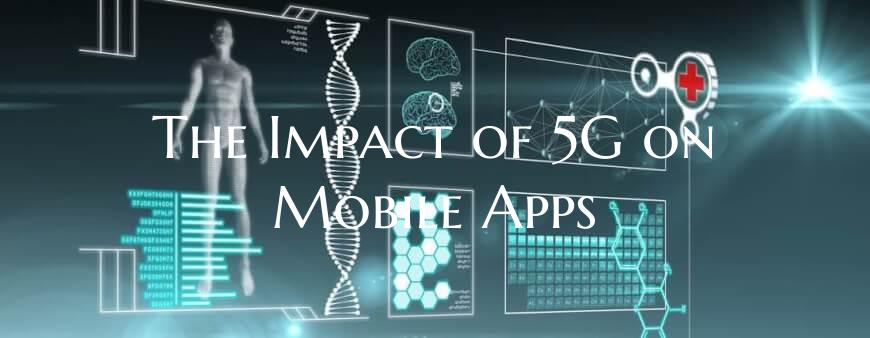The Impact of 5G on Mobile Apps
Introduction: The continual evolution of technology has led to notable advancements in the telecommunications sector, with the introduction of 5G being a significant milestone. The transition from 4G to 5G has not only revolutionized internet connectivity but has also brought about a range of benefits for mobile applications. In this digital era, where mobile apps play a crucial role in various aspects of daily life, understanding the impact of 5G on these applications is essential.
Enhanced Speed and Performance: One of the most notable impacts of 5G on mobile apps is the significant enhancement in speed and overall performance. 5G technology enables faster data transfer rates, reduced latency, and increased bandwidth, allowing mobile apps to function more efficiently. Users can expect quicker loading times, smoother streaming experiences, and seamless real-time interactions with applications.
Improved User Experience: With the increased speed and lower latency that 5G offers, mobile app developers can create more immersive and interactive user experiences. High-definition video streaming, augmented reality (AR), virtual reality (VR), and real-time multiplayer gaming are just a few examples of the enriched functionalities that 5G enables within mobile applications. These enhancements contribute to a more engaging and seamless user experience.
IoT Integration and Connectivity: 5G's advanced network capabilities have paved the way for greater integration of Internet of Things (IoT) devices with mobile applications. The high-speed, low-latency nature of 5G facilitates efficient communication between IoT devices and mobile apps, leading to enhanced connectivity and interoperability. This opens up opportunities for innovative applications across various sectors, such as smart homes, healthcare, transportation, and more.
Opportunities for Innovation: The advent of 5G has created a favorable environment for app developers to explore new avenues of innovation. The increased network capabilities allow for the implementation of cutting-edge technologies like machine learning, artificial intelligence, and edge computing within mobile apps. Developers can leverage these capabilities to create smarter, more personalized apps that cater to the evolving needs and preferences of users.
Challenges and Considerations: While the impact of 5G on mobile apps is predominantly positive, there are certain challenges and considerations to be mindful of. Issues related to network coverage, security, and compatibility with older devices may arise as the adoption of 5G continues to expand. App developers must adapt to these changes and ensure that their applications are optimized to leverage the benefits of 5G while addressing these challenges effectively.
Conclusion: In conclusion, the proliferation of 5G technology has brought about a transformative impact on mobile apps, offering enhanced speed, performance, user experience, IoT integration, and opportunities for innovation. As the rollout of 5G networks accelerates globally, mobile app developers need to stay abreast of these advancements and capitalize on the opportunities presented by this next-generation technology to create more compelling and competitive applications. The future of mobile apps is undoubtedly intertwined with the evolution of 5G, shaping a more connected and dynamic digital landscape for users worldwide.

